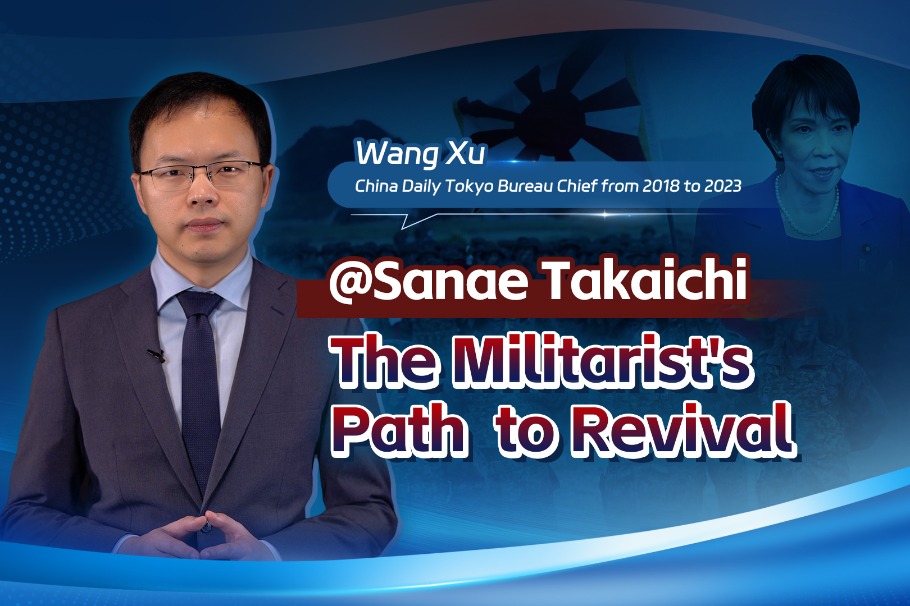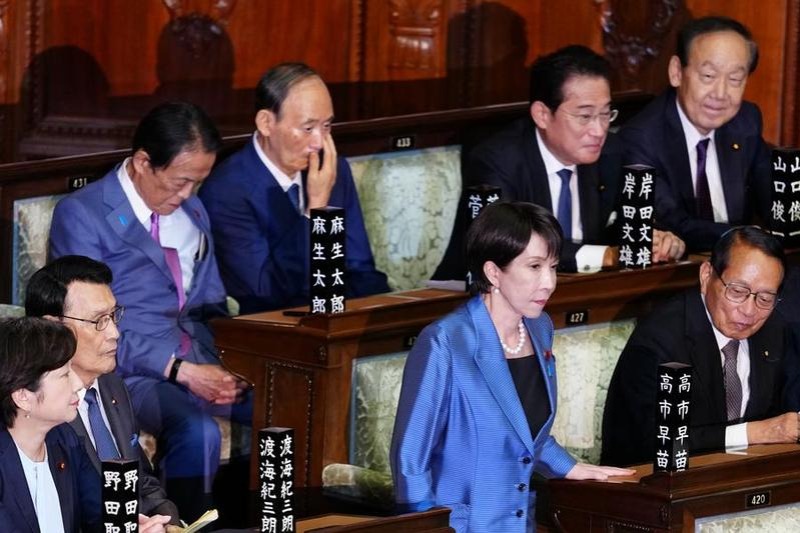Experts take on Chinese civilization and cultural evolution

Turning to ancient wisdom in today's China
By Mario Cavolo
Having lived in China for more than two decades, I know Chinese households rely on ancient Chinese wisdom to make their daily lives better. Even though the fundamentals of household life have seen little change through the centuries, societal and economic transformation has been happening rapidly in Chinese households over the past decades, presenting a genuine challenge to each of us as individuals to not lose sight of what matters most, to remain on the path of goodness.
It is in the teachings of ancient writings that we humans often find the right answers to the many problems we face in this modern age.
In the West, we find the writings of the ancient Greeks including Socrates, the theology in hundreds of historical texts, in the Bible and in the works of the Stoic masters such The Meditations by Marcus Aurelius. In today's China, on the other hand, the need to discover moral teachings often rooted in the three main cultural influences of Confucianism, Buddhism and Taoism is greater than ever and provides much needed guidance on how to achieve a harmonious and balanced life and country.
While every country needs sound economics and industry to thrive, the needs and interests of individual households and their future remain to this day the core of a stable, successful society. There is a reason the ancient writings are filled with warnings against straying from morals and ethics, which are essential guidelines for us in this modern age.
In China, it has not been forgotten that what matters most are the needs of the families, and this is often supported by the teachings found in ancient Chinese wisdom. For example, unlike certain Western countries, people in China are not encouraged by their government nor the media to waste too much of their time and energy in engaging in divisive, political topics, the vast majority of which are a distraction beyond their control.
In China, the application of democratic principles truly means "for the people" and while external geopolitical matters do have a big impact on Chinese society, they are for the most part in the purview of and part of the responsibility of the government, while their own personal interests lie, as they should, much closer to home.
Families and individuals are much more pragmatic and sensible in their daily lives, concerned with their own personal journey and practical matters. In China today, people have also become increasingly aware of environmental concerns and sustainability. For example, they are against the mindless, unnecessary use of plastics.
To think of such mundane things is to cultivate mindfulness, and such mindfulness often comes from embracing ancient wisdom which encourages higher self-awareness. In turn, parents pass these principles on to their children who are the future of the world.
Even the famous story of the Monkey King from the classic Journey to the West is regarded as part of China's ancient wisdom and cultural heritage. While it may not fall under the category of philosophical or moral teachings like the works of Confucius, Laozi, Zhuangzi and Mozi, Journey to the West holds a significant place in Chinese literature and folklore.
The Monkey King story embodies values and themes deeply ingrained in Chinese culture, such as perseverance, courage, loyalty and the quest for enlightenment. The story of this beloved classic explores the journey of self-discovery, spiritual growth, and overcoming obstacles. All of those ideals must sound familiar to people around the world, because they too have been following a variety of ancient writings, scriptures and philosophies.
On the opposite end of the spectrum from individual family households, we find the government, a massive apparatus with massive responsibilities, encouraging and embracing ancient Chinese wisdom. Where do a country's leaders find the proper character, vision and strength to effectively lead their country, especially when their country is home to 1.4 billion souls?
To answer this question, one has to turn to The Governing Principles of Ancient China, compiled by order of Emperor Tang Taizong of the Tang Dynasty (618-907), considered by many to be the golden age in Chinese history. This body of work is actually a compilation of previous Chinese classics including, for example, Liao Fan's Four Lessons on the law of cause and effect.
According to this magnificent Tang Dynasty compilation of ancient texts, leaders were encouraged to take proper care of the people, be cautious, avoid disharmony in society, distinguish between good and evil, and develop virtue and integrity. Realizing such wisdom was gifted to humankind more than a millennium ago, we appreciate how the significance of their message remains ever so valuable today.
The author is a non-resident senior fellow at the Center for China and Globalization.


































